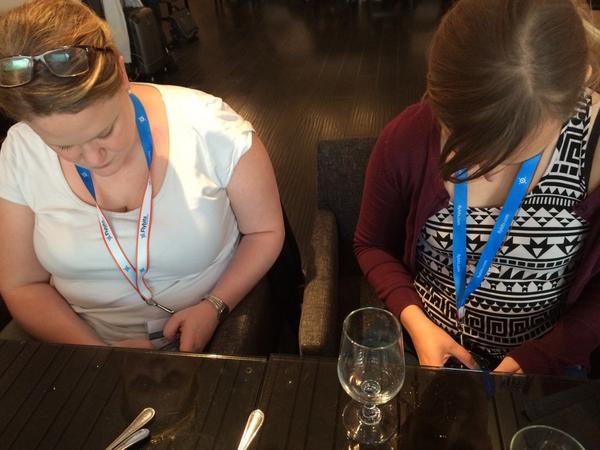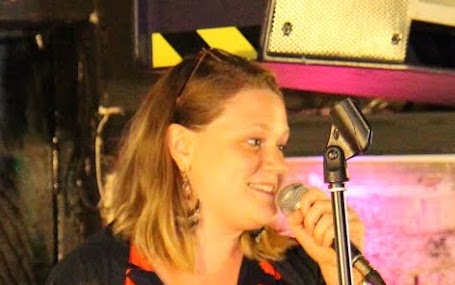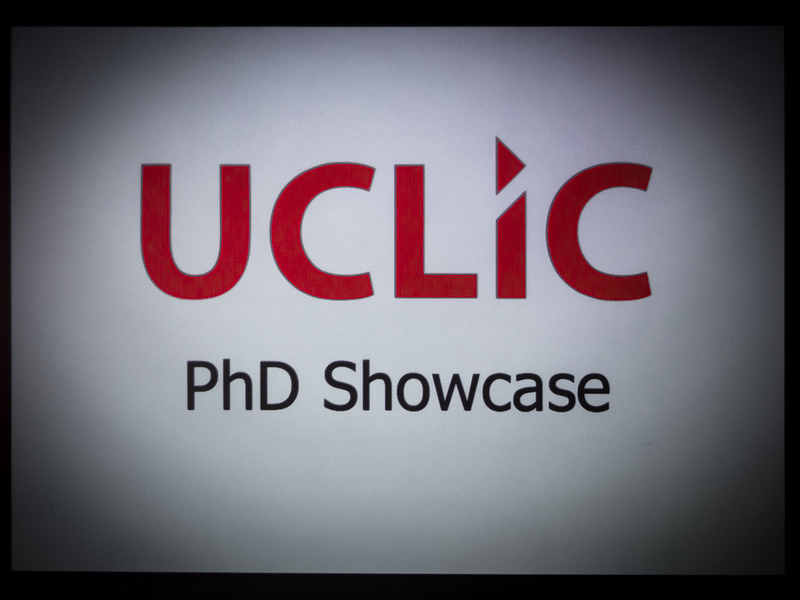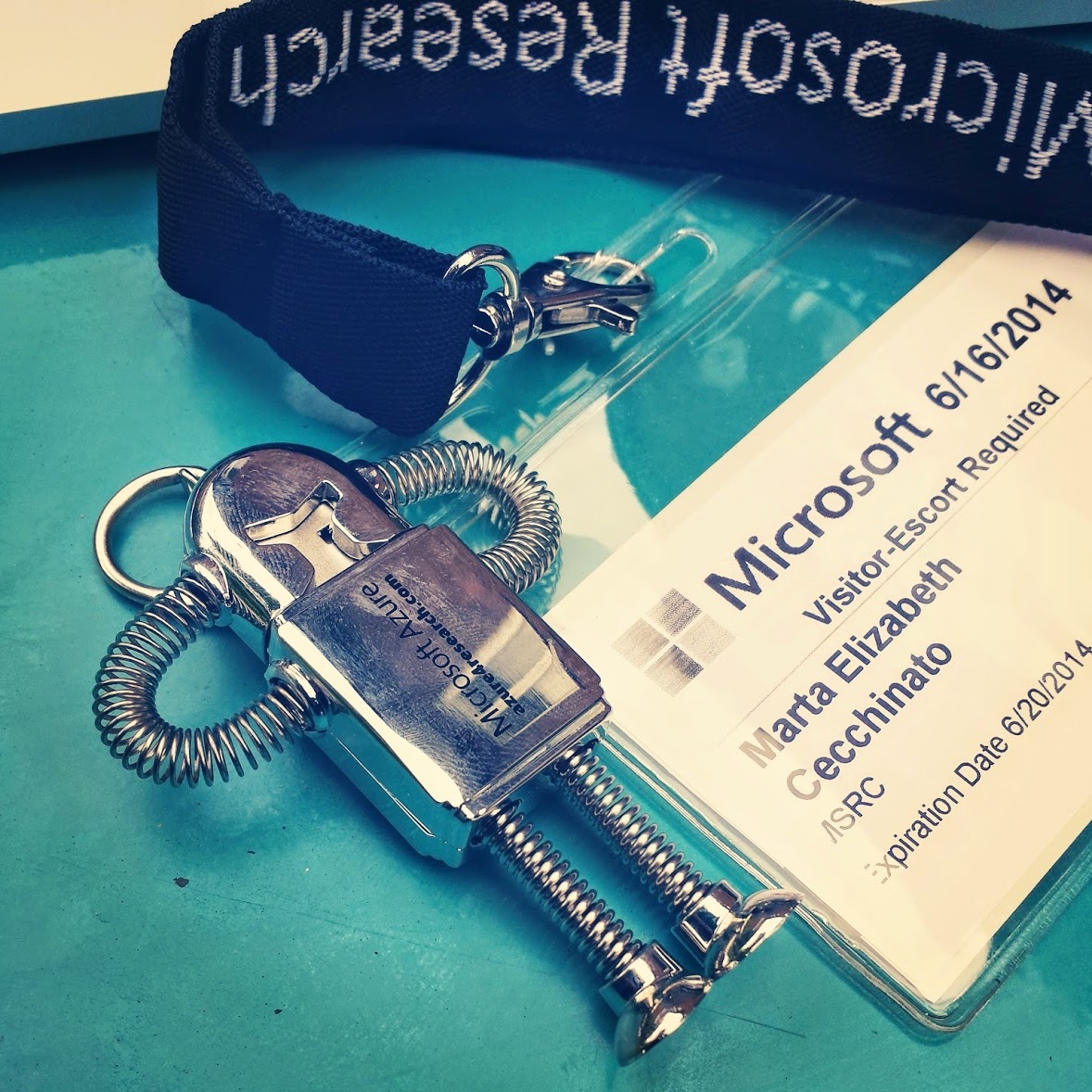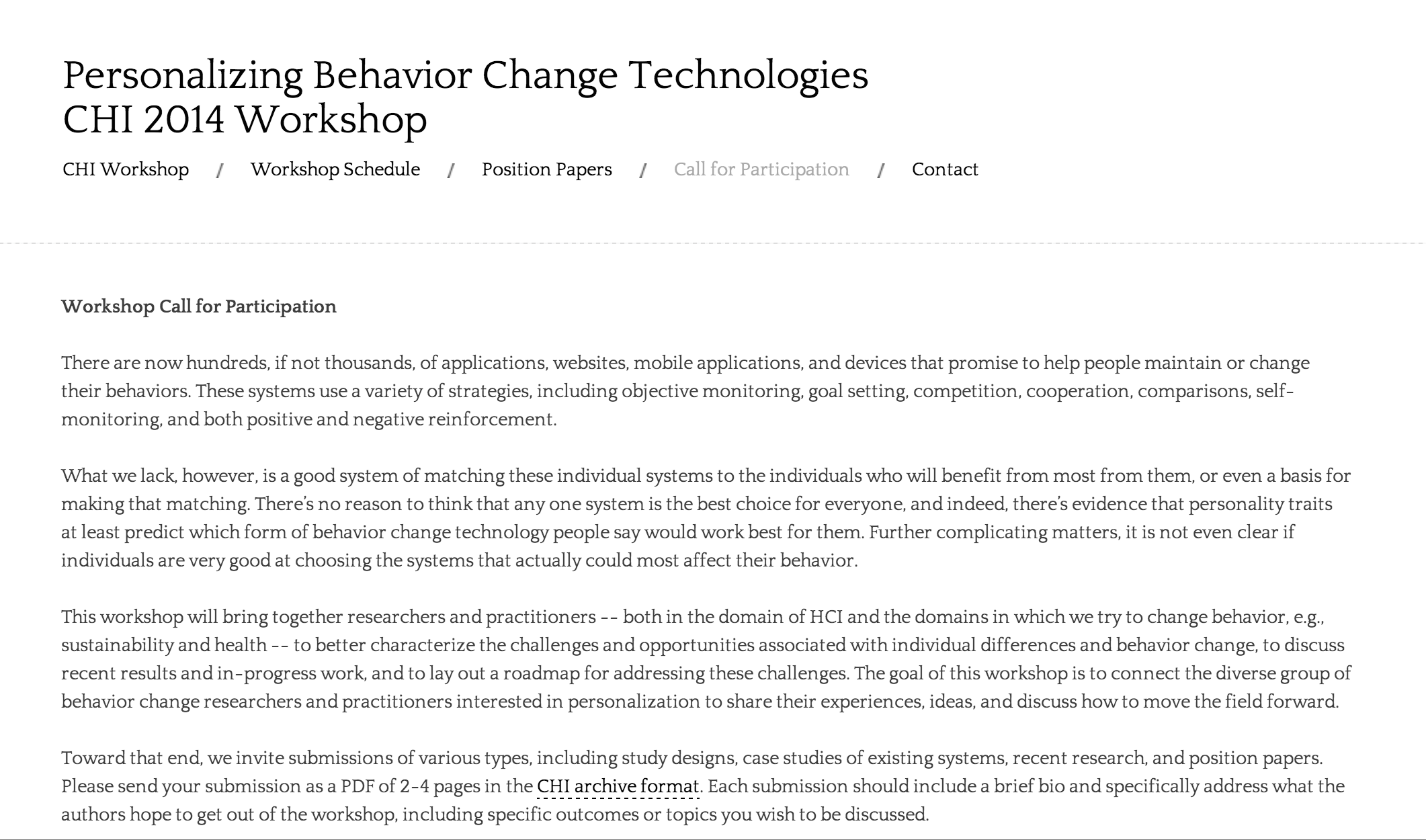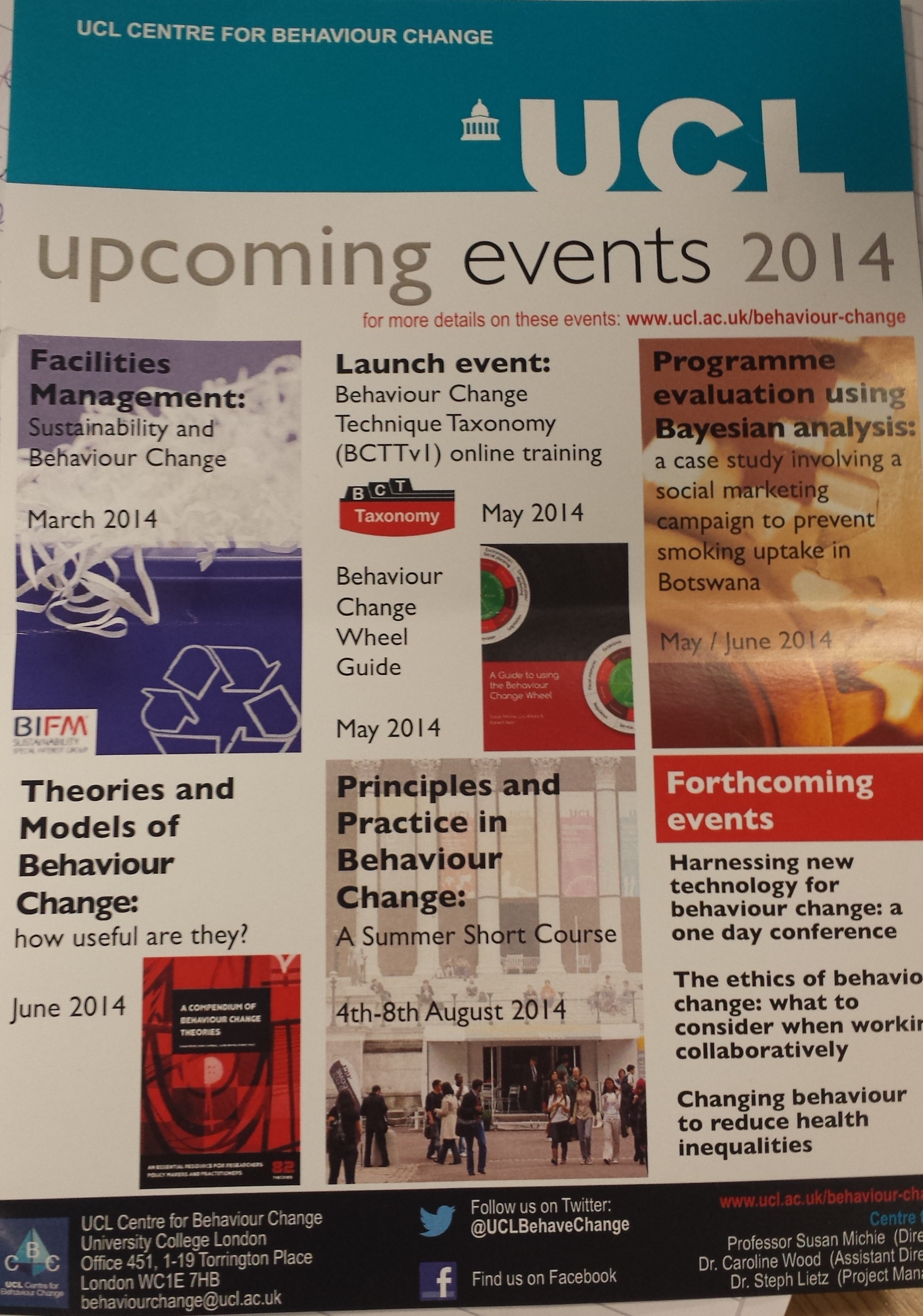Uncategorized
Socio-Technical Systems and Work-Home Boundaries Workshop
Below you can find my post on the Digital Epiphanies blog about the workshop that was organised during MobileHCI. My paper “I check my emails on the toilet”: Email Practices and Work-Home Boundary Management” was presented by my supervisor, Dr Anna L Cox, as I was attending the Doctoral Consortium at the same time.
On Sept. 23rd 2014 we held the “Socio-Technical Systems and Work-Home Boundaries” workshop during MobileHCI conference in Toronto, Canada. This workshop was one of the outcomes of our Digital Epiphanies project, in an effort to open up the discussion to a broader range of researchers in the field of technology and work-home boundaries. Among the attendees were human-computer interaction (HCI) specialists, social scientists, and sociologists. The workshop was divided into three parts: first, all papers were presented (see the workshop program for the list of papers), each followed by a short Q&A session.
